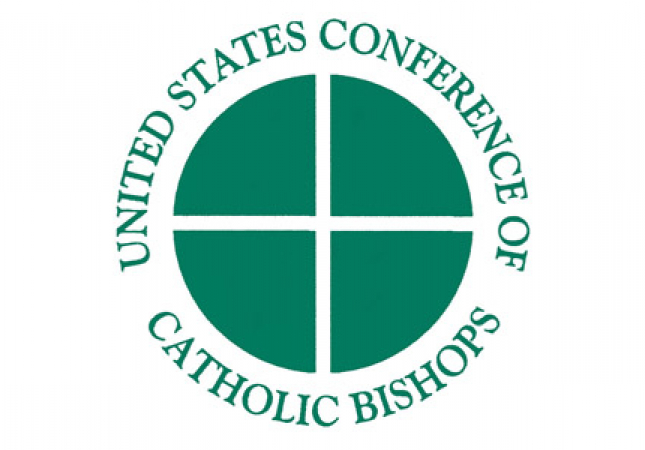
WASHINGTON - Archbishop Paul S. Coakley of Oklahoma City, chairman of the U.S. Conference of Catholic Bishops’ (USCCB) Committee on Domestic Justice and Human Development, released a statement urging lawmakers to remember the needs of the poor and vulnerable as they consider additional relief packages related to the COVID-19 crisis. This follows the statements of Archbishop Coakley on March 12 and March 28 on the previous legislation providing emergency relief to those suffering from the impact of the coronavirus.
Archbishop Coakley’s full statement follows:
“In the readings last Sunday, we heard from St. Peter, ‘Always be ready to give an explanation to anyone who asks you for a reason for your hope...’ (1 Pt. 3:15). On Easter Sunday, Pope Francis prayed for the gift of hope while powerfully illuminating the concerns of the Church during the pandemic:
‘This is not a time for indifference, because the whole world is suffering and needs to be united in facing the pandemic. May the risen Jesus grant hope to all the poor, to those living on the peripheries, to refugees and the homeless. May these, the most vulnerable of our brothers and sisters living in the cities and peripheries of every part of the world, not be abandoned. Let us ensure that they do not lack basic necessities...’[1]
“As Congress turns once more to considering additional relief related to the COVID-19 pandemic, the focus should be on those most in need—the poor, the vulnerable, and people on the margins—to offer them some hope and assistance in desperate circumstances. Since early April, some of my brother bishops and I have sent five letters to express this touchstone principle to Congress and its various committees, in contexts ranging from food security, housing, access to affordable health care, protections for the unborn, addressing racial and ethnic disparities in health outcomes, assistance for the poor and unemployed, care for migrants and refugees, safety for detainees and the incarcerated, education, international assistance and debt relief, and help for charities serving vulnerable populations.
“Additional needs have emerged such as sufficient protective equipment for all essential workers, protection of familial well-being and integrity, additional research on the link between air pollution and coronavirus health outcomes, and the need to address disruptions to the food supply chain and its impact on farmers and farmworkers, food waste and public health. We welcome the Vatican’s new commission on COVID-19, and will continue our advocacy in the same mode as this critical work for the common good continues.
“In this time of trial, it is important to remember ‘the reason for our hope.’ On the Feast of the Ascension this week, we hear the resurrected Lord tell his disciples, ‘And behold, I am with you always’ (Mt. 28:20). Let us proceed in this hope, asking the Lord for wisdom on how best to respond, drawing close to our brothers and sisters in need, and finding our peace in the Lord’s promise to be with us ‘until the end of the age.’”
The recent letters of USCCB chairmen to Congress on its COVID-19 response can be found at the following links: